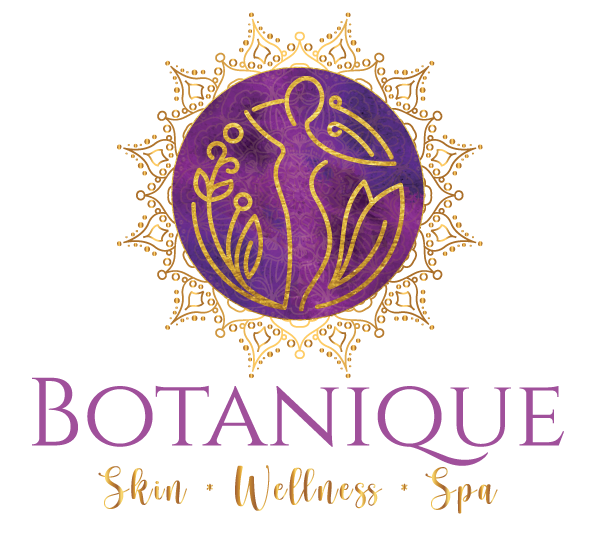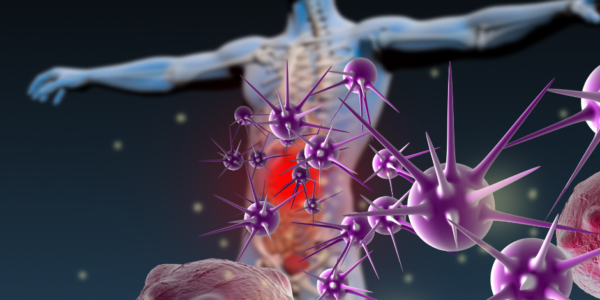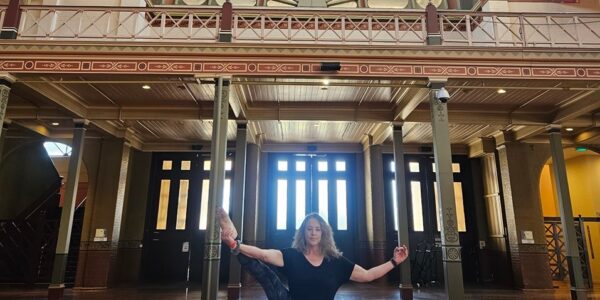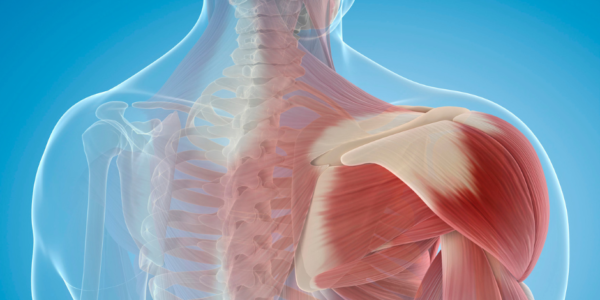
Is 60 Really the New 40? Taking Ageing by the Horns
The phrase “60 is the new 40” reflects a cultural shift toward embracing aging as a time of vitality and productivity. It suggests that people in their 60s today are living healthier, more active lives than previous generations and are therefore comparable in terms of energy and lifestyle to those in their 40s in past decades. This idea is supported by advancements in healthcare, nutrition, and overall awareness of healthy living habits. However, it’s essential to recognise that everyone ages differently, and individual circumstances can vary greatly. So while some may feel like they’re living their best life at 60, others might not share the same experience.
Personally, I didn’t start taking better care of myself until around the age of 40. This is when I made some fairly significant lifestyle changes, all of which I’m grateful for. Of course ageing is a complex process influenced by a variety of factors, both genetic and environmental. Here are some of the key contributors to aging:
- Genetics: Your genetic makeup plays a significant role in determining how you age. Some people are genetically predisposed to age more slowly or to be more susceptible to certain age-related conditions.
- Cellular Damage: Over time, cells accumulate damage from various sources, including oxidative stress, inflammation, and DNA damage. This damage can lead to cellular dysfunction and contribute to aging.
- Telomere Shortening: Telomeres are protective caps on the ends of chromosomes that shorten with each cell division. Over time, this shortening can lead to cellular senescence and aging.
- Lifestyle Factors: Certain lifestyle choices can accelerate aging. These include smoking, excessive alcohol consumption, poor diet, lack of exercise, and chronic stress. These factors can increase oxidative stress, inflammation, and cellular damage.
- Environmental Factors: Exposure to environmental pollutants, UV radiation from the sun, and other environmental stressors can contribute to aging by causing cellular damage and inflammation.
- Hormonal Changes: Changes in hormone levels, such as the decline in estrogen and testosterone production that occurs with age, can contribute to age-related changes in the body.
- Mitochondrial Dysfunction: Mitochondria are the energy-producing organelles in cells. Dysfunction in mitochondria can lead to decreased energy production and increased oxidative stress, contributing to aging.
- Immune System Decline: As we age, our immune system becomes less efficient, leading to increased susceptibility to infections and age-related diseases.
- Epigenetic Changes: Epigenetic modifications, which regulate gene expression, can change with age and contribute to aging by altering cellular function.
- Chronic Diseases: Age is a major risk factor for many chronic diseases, such as heart disease, diabetes, and cancer. These diseases can accelerate the aging process and contribute to age-related decline.
So how do we best beat ageing? Oh if we only had that golden ticket! Beating the signs and feels of ageing entirely might still be a distant dream, but there are ways to mitigate its effects and potentially extend healthy lifespan:
- Healthy Lifestyle: Regular exercise, balanced nutrition, adequate sleep, and stress management can significantly impact how gracefully you age. These habits can reduce the risk of age-related diseases and maintain overall well-being.
- Nutrition: A diet rich in fruits, vegetables, whole grains, lean proteins, and healthy fats can provide essential nutrients and antioxidants that support cellular health and reduce inflammation.
- Avoiding Harmful Habits: Limiting alcohol consumption, avoiding smoking, and protecting yourself from excessive sun exposure can prevent premature aging and reduce the risk of various diseases.
- Social Connections: Maintaining strong social connections and engaging in meaningful relationships can contribute to emotional well-being and cognitive health as you age.
- Mental Stimulation: Challenging your brain with new activities, learning opportunities, puzzles, and games can help maintain cognitive function and prevent age-related cognitive decline.
- Medical Advances: Ongoing research in biotechnology and medicine may lead to breakthroughs in understanding and treating aging-related processes. This could involve therapies targeting cellular senescence, genetic interventions, or regenerative medicine approaches.
- Lifelong Learning: Embracing a mindset of continuous learning and personal growth can help keep your mind sharp and adaptable as you age.
- Genetic Factors: While genetics plays a role in aging, lifestyle factors often have a more significant impact. However, understanding your genetic predispositions through services like genetic testing can help you make informed decisions about your health.
While we may not have all the answers yet, adopting a healthy lifestyle and staying informed about advancements in aging research can help you age gracefully and maintain a high quality of life for as long as possible.
It is never too late to change your diet, introduce new exercise plans, get serious about your skin, set new professional or personal goals, reduce stress, etc.
The effort pays off!
Lisa Randall is the Director of Botanique Wellness P/L including Botanique Skin Wellness Spa, Botanique Skin Nutrition and Botanique Yoga & Wellness. She is a qualified Remedial Massage Therapist, Beauty/Dermal Therapist, Advanced Yoga Teacher, Nutritional Counsellor, Life Coach and Vocational Trainer. Lisa’s interest are in the area of using natural products, movement, nutrition and mindset to age with as much vigour and happiness as possible as well as training the next generation of Holistic Therapists.




